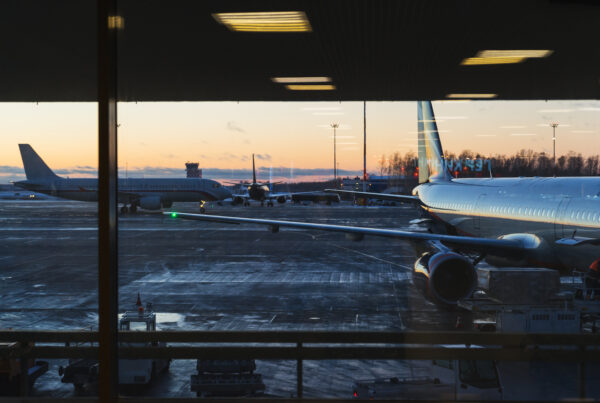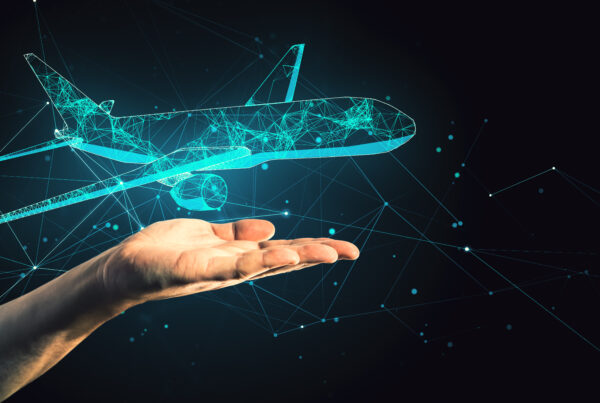When airlines talk about retail transformation, the conversation often starts with platforms, APIs, and standards. But behind every successful retail tech strategy lies something more foundational—the architecture of the talent itself. The way teams are designed, connected, and led often determines whether the technology ever delivers its promised value.
- Strategy doesn’t scale without structure
Many airlines have a strong digital retail vision, yet struggle to operationalise it. The issue isn’t ambition—it’s alignment. Great airline retail tech organisations build a talent architecture that mirrors their strategic intent. They ensure clear ownership across domains: offer management, order management, digital experience, and data. Each function has leaders empowered to move fast, but connected through a unifying commercial mission rather than separate technology mandates.
- Core capability meets external expertise
Airline retailing demands both deep domain understanding and fresh digital thinking. The most effective talent strategies blend core airline expertise—those who understand legacy dependencies and regulatory nuance—with external hires who bring product-led, cloud-native, or eCommerce mindsets. This deliberate mix avoids the trap of “airline-only” thinking while keeping projects grounded in operational reality.
- The rise of the hybrid technologist
Retail tech has blurred traditional boundaries. Product managers need to understand APIs. Engineers are expected to interpret business KPIs. Architects discuss merchandising and customer segmentation. Successful teams are full of hybrid technologists—people who can translate between commercial goals and technical possibilities. These professionals often become the quiet glue in multi-disciplinary squads, preventing misalignment before it happens.
- Leadership built for orchestration, not control
Legacy transformation cultures often rely on command and control. Retail transformation, by contrast, demands orchestration. Effective leaders empower cross-functional squads, manage priorities dynamically, and foster collaboration across airline, vendor, and integrator boundaries. They set principles rather than micromanage plans. In short, they know that culture—more than code—defines delivery pace.
- Continuous capability evolution
As retailing evolves, so must the team. Airlines investing seriously in retail tech are adopting talent roadmaps that evolve alongside their product and data strategies. This might mean retraining revenue management analysts in dynamic pricing, or upskilling developers in modern integration frameworks. The point is to make learning part of the operating rhythm, not an afterthought.
The takeaway:
The future of airline retail isn’t just built on modern architectures—it’s sustained by the talent architectures behind them. The most forward-thinking airlines treat team design, leadership development, and capability growth as strategic levers, not HR exercises. Technology can enable transformation, but it’s people—organised, empowered, and continually evolving—who make it real.




